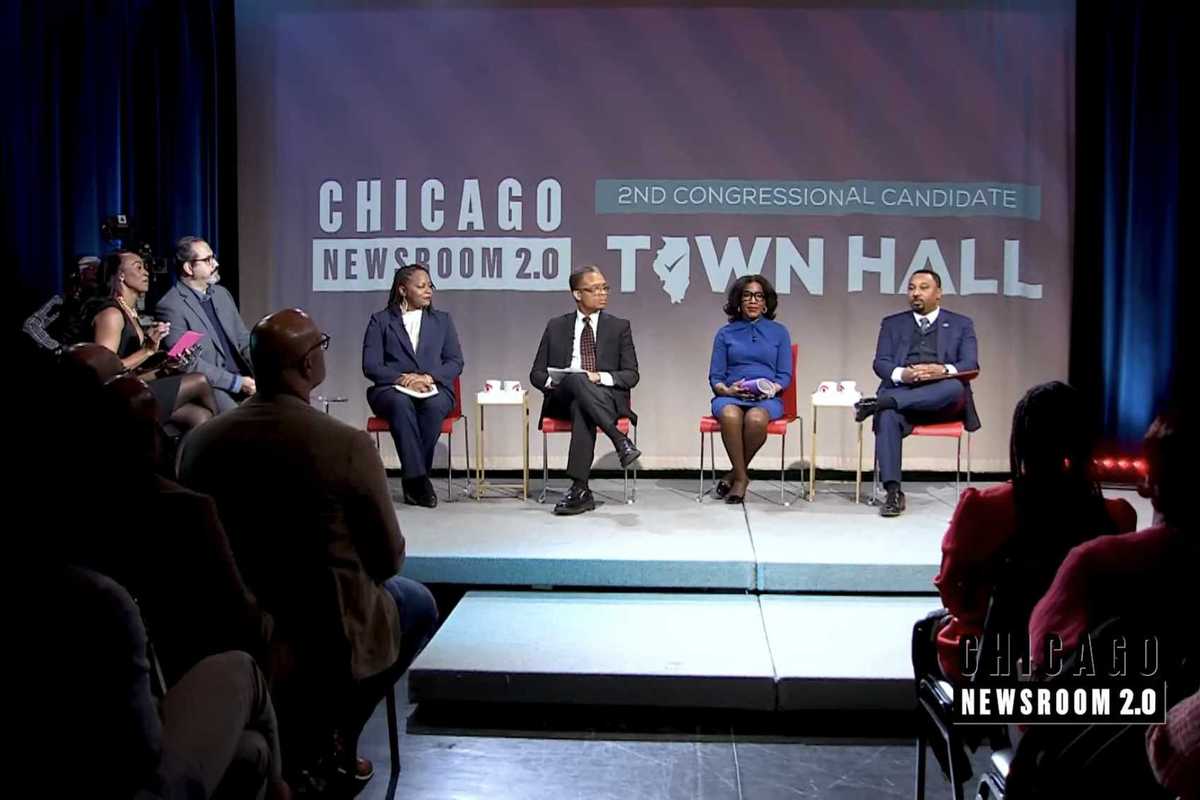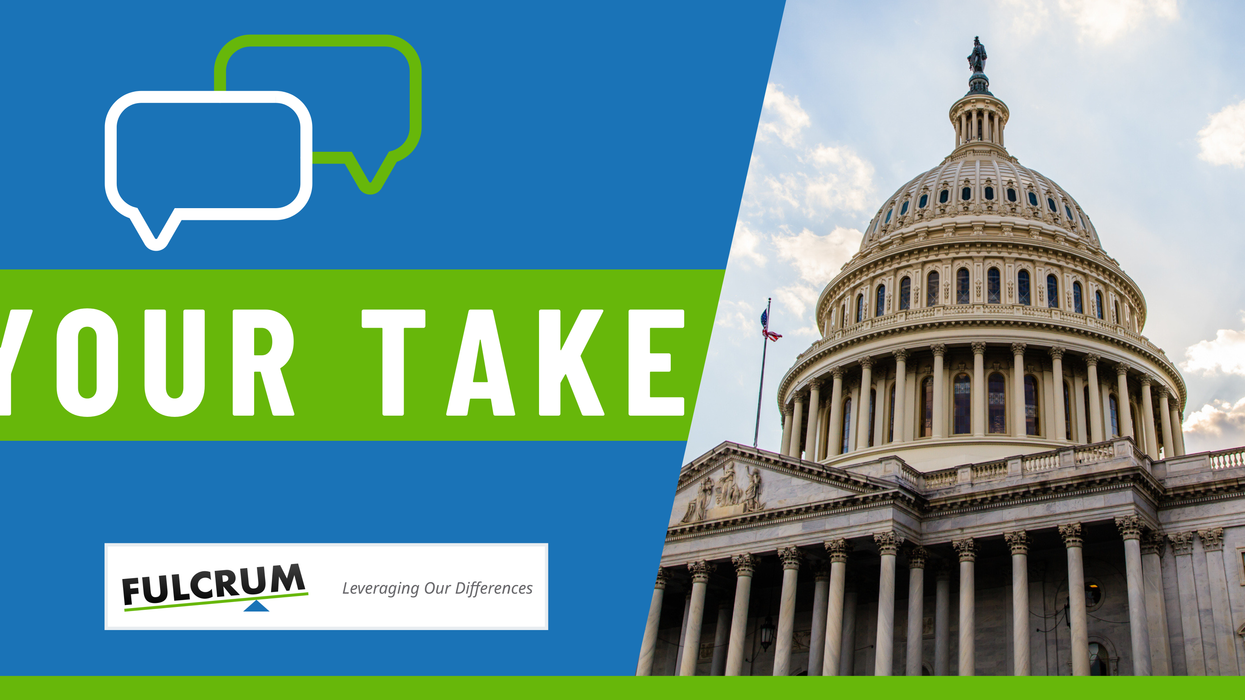To avoid the challenge of overcoming a Senate filibuster, Congress sometimes uses the process of “reconciliation.” That bit of arcane procedure allows Congress to approve budget-related legislation by simple majority votes.
Earlier this week, Senate Democrats passed the Inflation Reduction Act using the reconciliation process, and the House followed suit on Friday, overcoming the deep partisan divide that prevents most legislation from becoming law.
In an increasingly polarized Congress, reconciliation has gained attention with both sides of the political spectrum criticizing the process as a way to “cheat” the legislative system – and also utilizing it for their own benefit (much like the filibuster).
So we asked our readers: Is reconciliation a legitimate way of passing major legislation? Did you feel differently when Republicans used it to pass the Republicans’ tax cuts in 2017? Was the Inflation Reduction Act a good use of the tool?
Following is a selection of reader responses, edited for length and clarity.
It’s a very difficult call. I think we should need a two-thirds vote to pass anything to get bipartisanship into our legislative process. The challenge with this – in our polarized government – is we may never get any legislation passed. -Al Smith
I think using the reconciliation process is the reality of a hopelessly divided and cynical Congress. As much as I don't like it being used to pass legislation I oppose, I understand that reconciliation is all a majority party is left with if too few legislators are willing to set aside the partisan hackery to work together. It reminds me of the fact that, now more than ever, we need to invest in ways to approach one another across our differences, collaborate on shared goals, and learn how to better define the boundaries of our disagreements. This is not something we will learn from Congress, but it could be something Congress learns from us. -Damien Lally
Reconciliation allows even an extremely polarized Congress to pass legislation. In that this is one of the functions of Congress, reconciliation is a good thing. In passing legislation, a Congress ideally reflects the values and priorities of the majority of the electorate. Given the Electoral College system, and the fact that a majority of Congress can represent a minority of the people, the passing of legislation can at least make clear to that part of the public that is paying attention the values and priorities of the party in the majority, and thus aim to clarify the whole electoral process. -John Mathews
In my opinion, it reflects the slowly emerging end of the Senate rules requiring 60 votes to pass legislation and the use of the filibuster. Or to put it another way, a simple majority is all it will take now to pass most legislation, for whichever party is in control of Congress. -Pat Partridge
As long as the filibuster remains in its broken state, legislators require a way around it. Depriving the American people of legislation that is broadly popular among voters but that "only" 59 percent of senators support is nearly always wrong. -Riley Hart
Reconciliation, which can be characterized as power politics, may be beneficial for "small" legislation since it is almost impossible to get complete agreement on everything. Reconciliation on "large" complex and controversial topics can be perceived as "might makes right" power politics. Thus it can create more not less polarization among competing sides because of the broad ramifications of large, complex and multi-topic legislation. Creating more polarization is the opposite of the term “reconciliation.” mIf you want to polarize the country more, then do more reconciliation on large complex legislation. -Kenneth Rebar




















